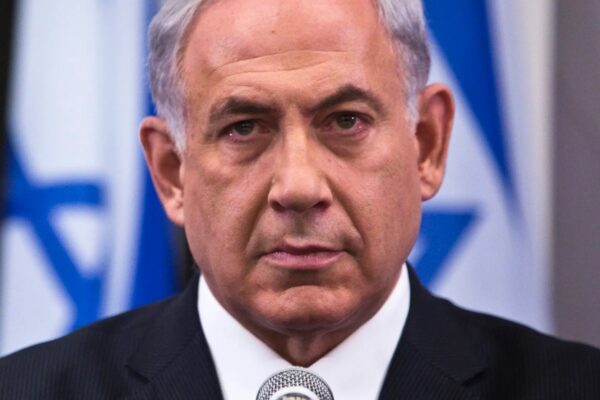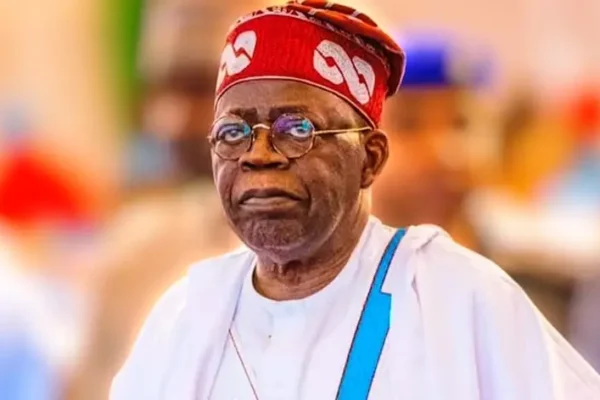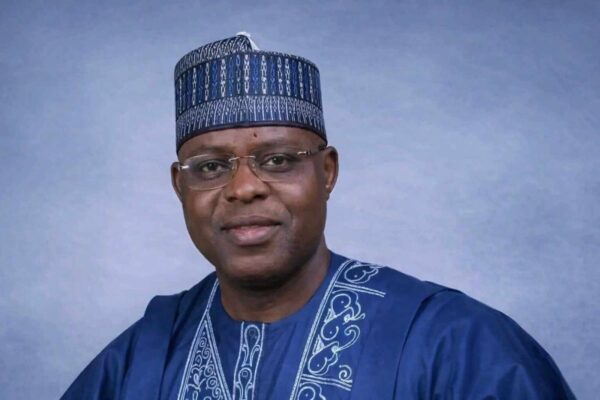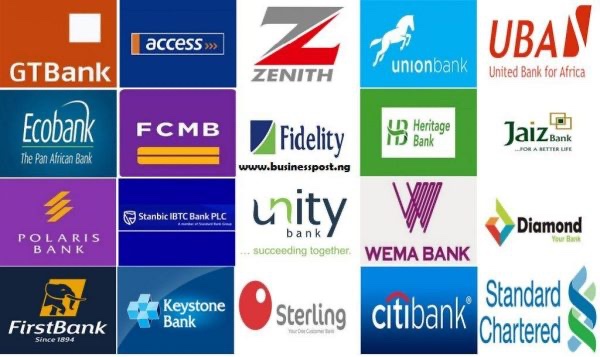President Bola Tinubu has said 2026 marks the beginning of a more robust phase of economic growth for Nigeria, building on the reforms and gains achieved in 2025. In his New Year’s message to Nigerians on Thursday, the President reflected on the progress made last year, highlighting achievements in the economy, security, and governance, and outlining his administration’s priorities for the new year. Tinubu stressed that 2025 saw steady GDP growth, trade surpluses, exchange rate stability, declining inflation, strong stock market performance, and increased foreign direct investment, reflecting renewed investor confidence in Nigeria. He also highlighted the importance of fiscal discipline, infrastructure development, and inclusive economic policies in sustaining growth. The President reaffirmed his administration’s commitment to tackling insecurity, including terrorism and banditry, through national and international partnerships. He also emphasised the need for a decentralised policing system, strengthened fiscal policies, and tax harmonisation to ease the burden on citizens. On social and economic development, Tinubu outlined plans for the Renewed Hope Ward Development Programme to empower at least 10 million Nigerians through agriculture, trade, food processing, and mining across all 8,809 wards. Investments in infrastructure, healthcare, education, and agriculture will continue to strengthen food security and improve quality of life. He urged all Nigerians to contribute to nation-building by upholding unity, patriotism, and integrity. The President’s full New Year message reads: Fellow Compatriots, I welcome you all to 2026, with gratitude to God and confidence in our collective resolve that this new year will be a more prosperous one for our nation, our citizens, and all who call Nigeria home. During 2025, we sustained the momentum on our major reforms. We had a fiscal reset and also recorded steady economic progress. Despite persistent global economic headwinds, we recorded tangible and measurable gains, particularly in the economy. These achievements reaffirm our belief that the difficult but necessary reforms we embarked upon are moving us in the right direction with more concrete results on the horizon for the ordinary Nigerian. As we enter 2026, our focus is on consolidating these gains and continuing to build a resilient, sustainable, inclusive, and growth-oriented economy. We closed 2025 on a strong note. Despite the policies to fight inflation, Nigeria recorded a robust GDP growth each quarter, with annualised growth expected to exceed 4 per cent for the year. We maintained trade surpluses and achieved greater exchange rate stability. Inflation declined steadily and reached below 15 per cent, in line with our target. In 2026, we are determined to reduce inflation further and ensure that the benefits of reform reach every Nigerian household. In 2025, the Nigerian Stock Exchange outperformed its peers, posting a robust 48.12 per cent gain and consolidating its bullish run that began in the second half of 2023. Supported by sound monetary policy management, our foreign reserves stood at $45.4 billion as of December 29, 2025, providing a substantial buffer against external shocks for the Naira. We expect this position to strengthen further in the new year. Foreign direct investment is also responding positively. In the third quarter of 2025, FDI rose to $720 million, up from $90 million in the preceding quarter, reflecting renewed investor confidence in Nigeria’s economic direction, which global credit rating agencies, including Moody’s, Fitch, and Standard & Poor’s, have consistently affirmed and applauded. A few days ago, I presented the 2026 Appropriation Bill to the National Assembly. In that address, I emphasised that our administration has implemented critical reforms that are laying a solid foundation for long-term stability and prosperity. With patience, fiscal discipline, and unity of purpose, Nigeria will emerge in 2026 stronger and better positioned for sustained growth. As inflation and interest rates moderate, we expect increased fiscal space for productive investment in infrastructure and human capital development. We are also confronting the challenge of multiple taxation across all tiers of government. I commend states that have aligned with the national tax harmonisation agenda by adopting harmonised tax laws to reduce the excessive burden of taxes, levies, and fees on our people and on basic consumption. The new year marks a critical phase in implementing our tax reforms, designed to build a fair, competitive, and robust fiscal foundation for Nigeria. By harmonising our tax system, we aim to raise revenue sustainably, address fiscal distortions and strengthen our capacity to finance infrastructure and social investments that will deliver shared prosperity. My fellow Nigerians, the path of reform is never easy, but it is necessary. We remain mindful that economic progress must be accompanied by security and peace. Our nation continues to confront security threats from criminal and terrorist elements determined to disrupt our way of life. In collaboration with international partners, including the United States, decisive actions were taken against terrorist targets in parts of the Northwest on December 24. Our Armed Forces have since sustained operations against terror networks and criminal strongholds across the Northwest and Northeast. In 2026, our security and intelligence agencies will deepen cooperation with regional and global partners to eliminate all threats to national security. We remain committed to protecting lives, property, and the territorial integrity of our country. I continue to believe that a decentralised policing system with appropriate safeguards, complemented by properly regulated forest guards, all anchored on accountability, is critical to effectively addressing terrorism, banditry, and related security challenges. The new year marks the beginning of a more robust phase of economic growth, with tangible improvements in the lives of our people. We will accelerate the implementation of the Renewed Hope Ward Development Programme, aiming to bring at least 10 million Nigerians into productive economic activity by empowering at least 1,000 people in each of the 8,809 wards across the country. Through agriculture, trade, food processing, and mining, we will stimulate local economies and expand grassroots opportunities. We will also continue to invest in modernising Nigeria’s infrastructure – roads, power, ports, railways, airports, pipelines, healthcare, education, and agriculture to strengthen food security and improve quality of life. All ongoing projects will continue without interruption. To achieve…









